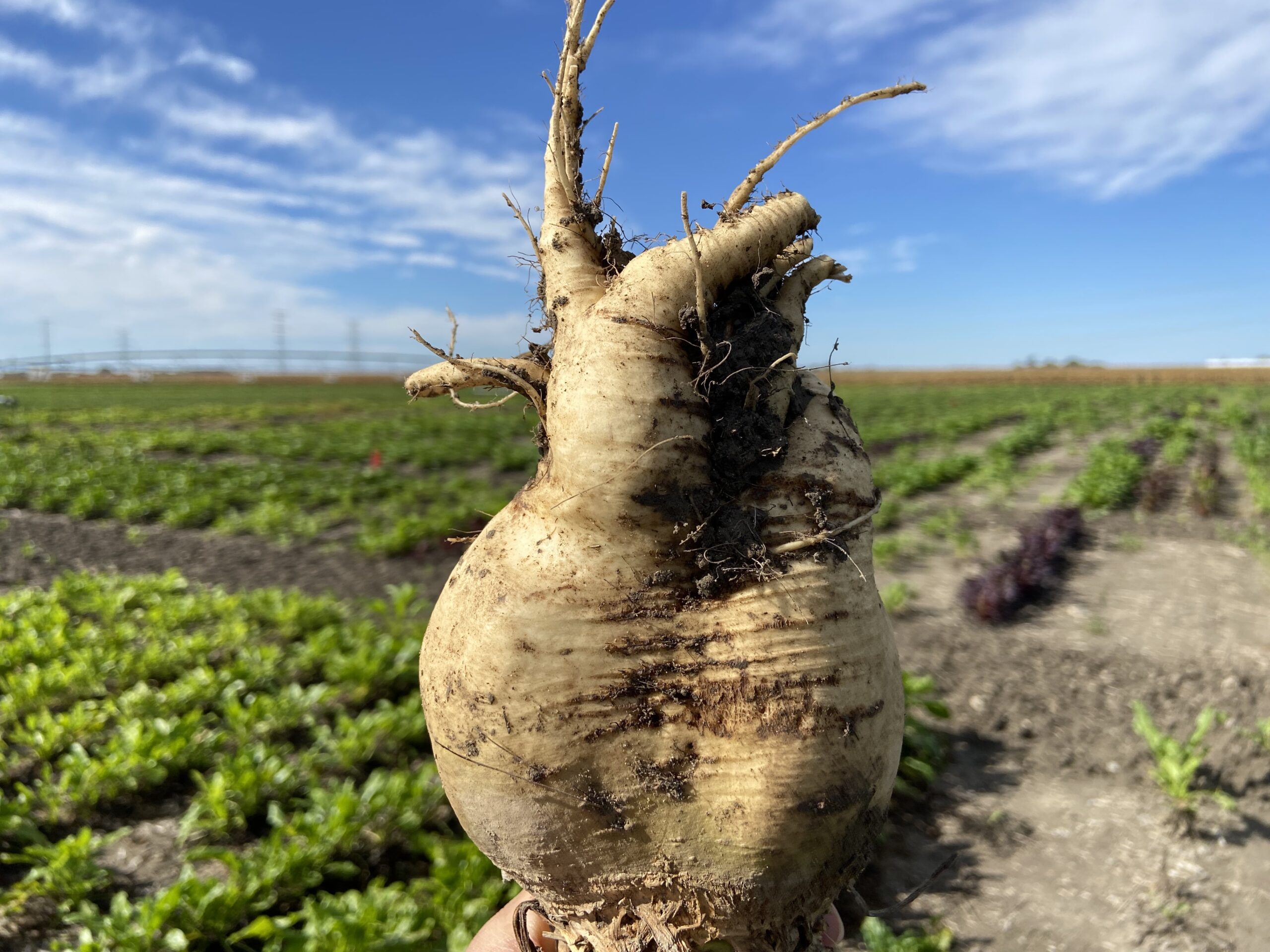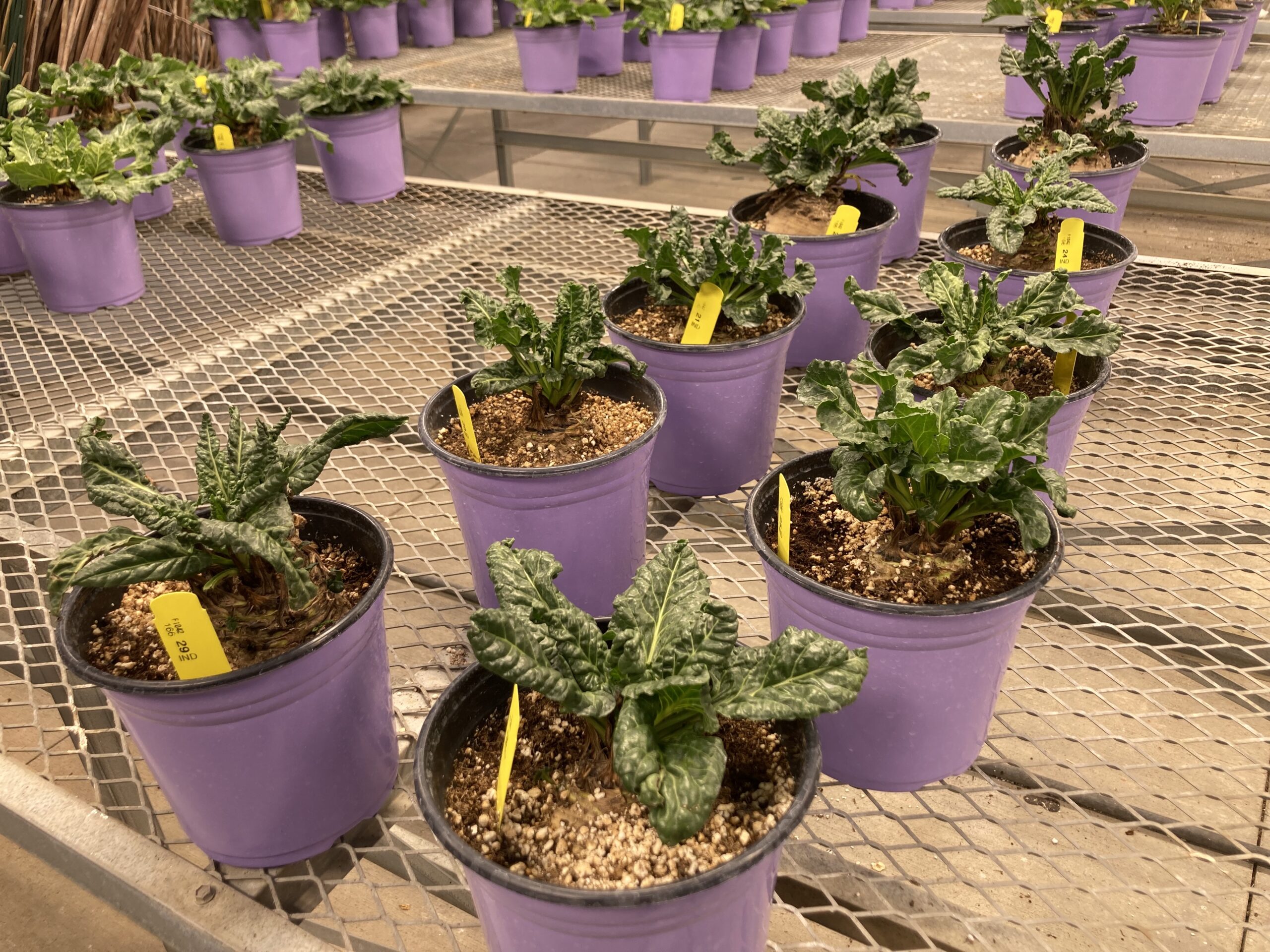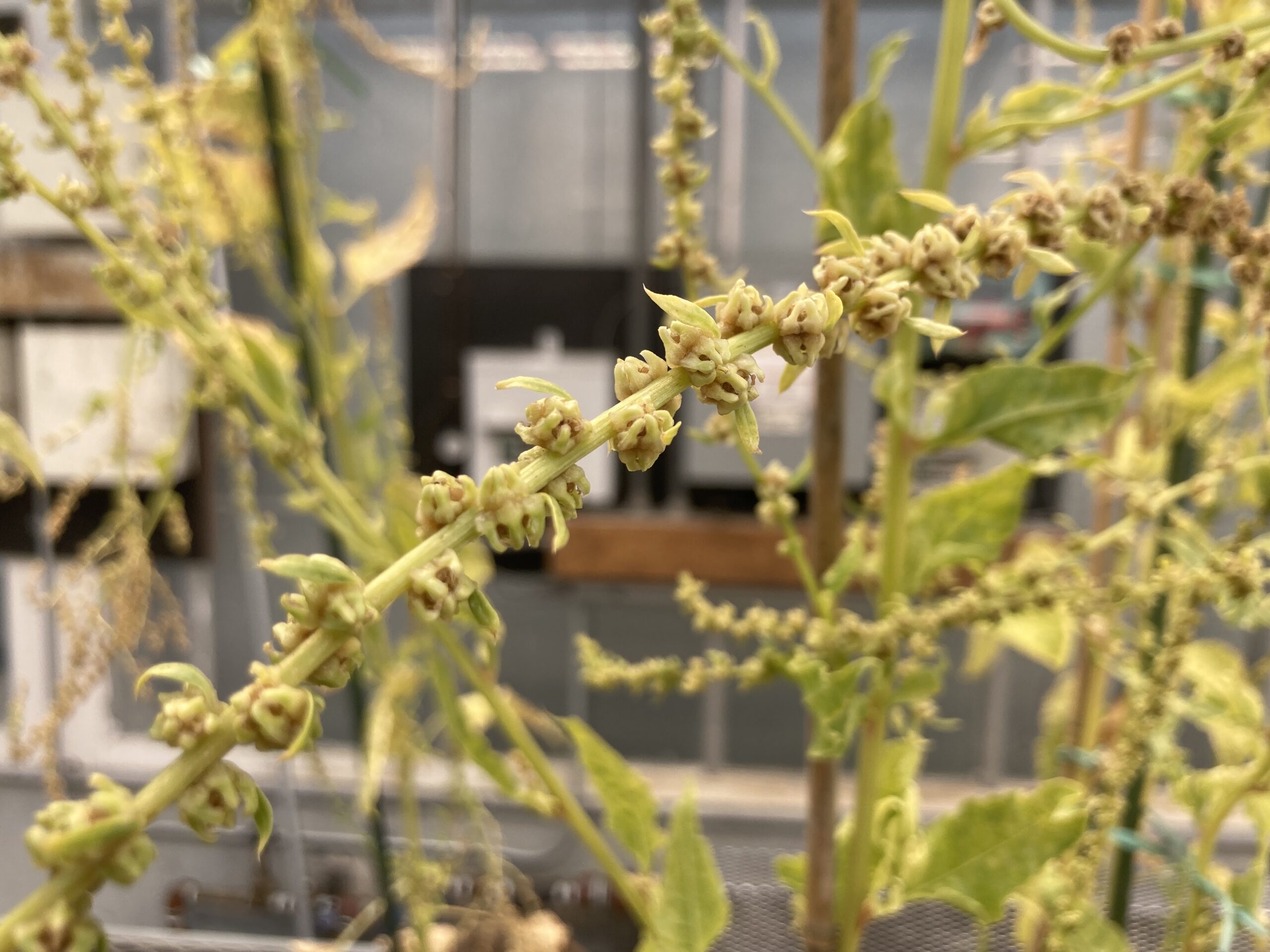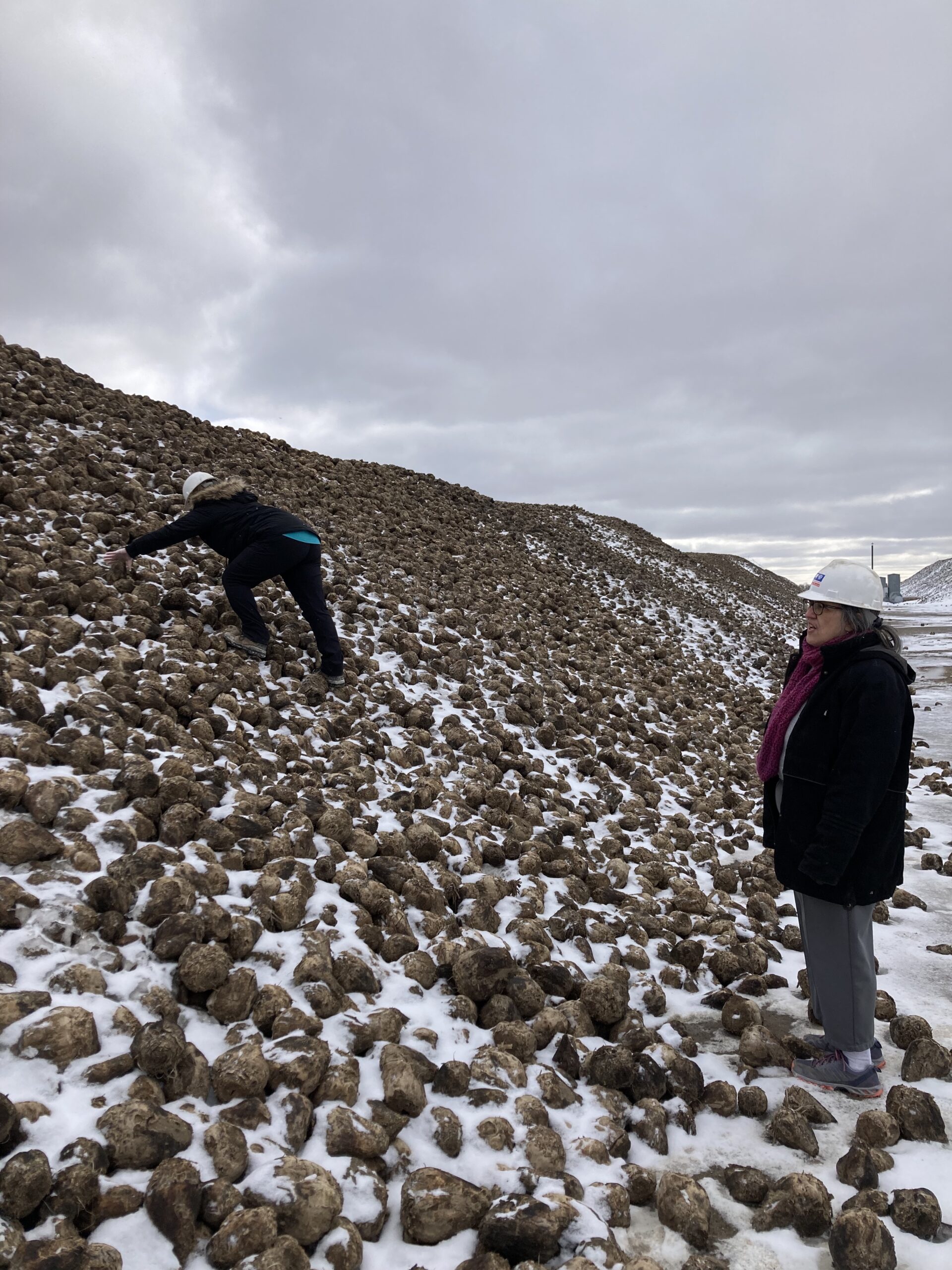The USDA-ARS sugarbeet breeding programs span 4 states (North Dakota, Colorado, Idaho and Michigan) across the US and are based in major sugarbeet production regions. The earliest program has been in existence for over 100 years releasing cultivars and, more recently, pre-breeding materials for the sugar beet industry. Each program works on issues of national and regional importance particularly disease and insect resistance. We have additional research programs in Maryland (genetics), and Louisiana (cane and beet sugar processing).
East Lansing, Michigan: The EL sugarbeet program consists of a Research Plant pathologist and a Research geneticist. Key areas of research include fungal genetics and disease resistance to Cercospora, Rhizoctonia, and Fusarium; seedling diseases and stand establishment; fertilizer responsiveness; drought resistance; and genomic resources for beet.
Ft. Collins, Colorado: The Ft. Collins program consists of a Research geneticist, Research Molecular Biologist, and a Research Plant pathologist. Key areas of research include genomic prediction and genomic resources for beet; disease resistance to Rhizoctonia and Fusarium;
Kimberly, Idaho: The Kimberly program consists of a Research geneticist, two Research Plant pathologists, and a Research molecular biologist. Key areas of research include disease resistance to Cercospora and Curly top; speed breeding protocol development; fungal and bacterial postharvest storage diseases.
Fargo, North Dakota: The Fargo program consists of a Research Plant Molecular geneticist, four Research Plant pathologists, and a Research Molecular Biologist. Key areas of research include Cercospora and virus management; disease resistance to root maggot and double haploid generation.









